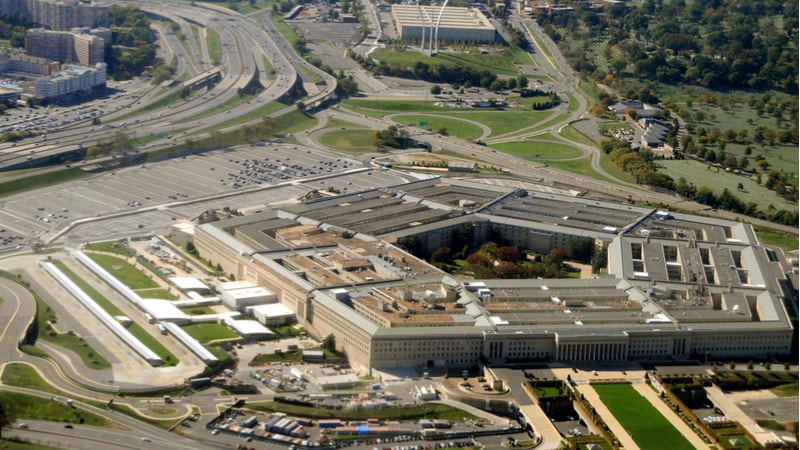
Partisan divisions in Congress could further delay passing the annual defense policy bill and confirming high-ranking military officials – both of which will jeopardize national security – Rep. Adam Smith, D-Wash., warned today.
During the DefenseNews Conference on Sept. 6, Rep. Smith said he believes that there is strong bipartisan consensus in the House and Senate to approve the National Defense Authorization Act (NDAA) for fiscal year (FY) 2024. But he said that a small group of dedicated “right-wingers” who have an outsized amount of influence on House Speaker Kevin McCarthy, R-Calif., have pushed for “culture war policies” that could delay congressional actions impacting the Pentagon.
“If we had put the defense bill that we passed out of committee onto the floor, it would have gotten 350 votes, but they wanted to cater to a particular group. Now, going forward, as we go into a conference committee, we know the Senate will not agree with … those provisions [and] the White House won’t either,” Rep. Smith said.
“The question is what will Speaker McCarthy and House Republicans feel they have to do to appease the right wing of their party,” he said.
The annual bill authorizes Department of Defense (DoD) spending levels and sets overarching military policy to equip, supply, and train U.S. troops and provide for military families. This year’s NDAA, which authorizes an $886 billion military budget for the coming fiscal year, includes numerous cyber and tech provisions and space policy provisions.
The FY2024 NDAA also provides a 5.2 percent pay raise for military personnel, which Rep. Smith said is a key point in DoD’s recruitment and retention activities.
The Democratic congressman, who is ranking member of the House Armed Services Committee, argued that any delay to passage of the FY2024 NDAA constitutes a threat to national security. The bill, among other aims, would push forward a range of modernization efforts and increase adoption of emerging technologies.
“There are a lot of provisions in [the FY 2024 NDAA] that to help with modernization, adopting new innovative technologies – such as AI and machine learning, hypersonics, drones, counter drones – and the ability of the DoD to do that innovation is going to be significantly enhanced if we can pass this bill,” Rep. Smith said.
Rep. Smith said he is willing to talk with his Republican colleagues on their provisions regarding diversity program regulations and climate change. At the same time, however, he does not believe that there is any NDAA legislation that “right-wingers” and House Democrats will simultaneously agree to support.
“That doesn’t exist. I’ve said from the very beginning, what Kevin McCarthy is trying to do is … appease the unappeasable … whatever modest little things we could do are simply not going to be enough for the House Freedom Caucus,” Rep. Smith said.
Possible NDAA delays are not the only issues Congress faces due to partisan divisions.
As the Senate returns to work, there continue to be ongoing disputes over confirming high-ranking DoD officers. That dispute follows an escalating feud between Democratic senators and Sen. Tommy Tuberville, R-Ala., over the Alabama Republican’s blockade of roughly 301 military nominees in response to a DoD abortion policy he argues is illegal.
Rep. Smith explained that high-level military positions are being filled by acting leaders in the interim, but there are limitations to what those individuals can do.
“If you are an Acting Secretary, Acting Chief of Staff, or Acting Combatant Commander you have less authority and therefore less ability to govern whatever your area of responsibility is, it’s crippling,” Rep. Smith said. “It is having an incredibly negative impact on the ability of the Department of Defense to function.”
